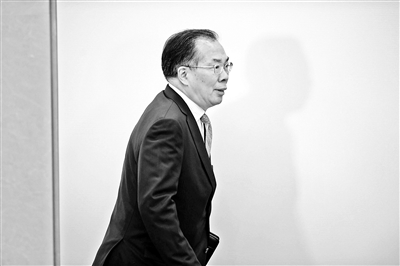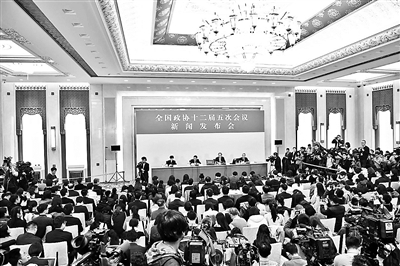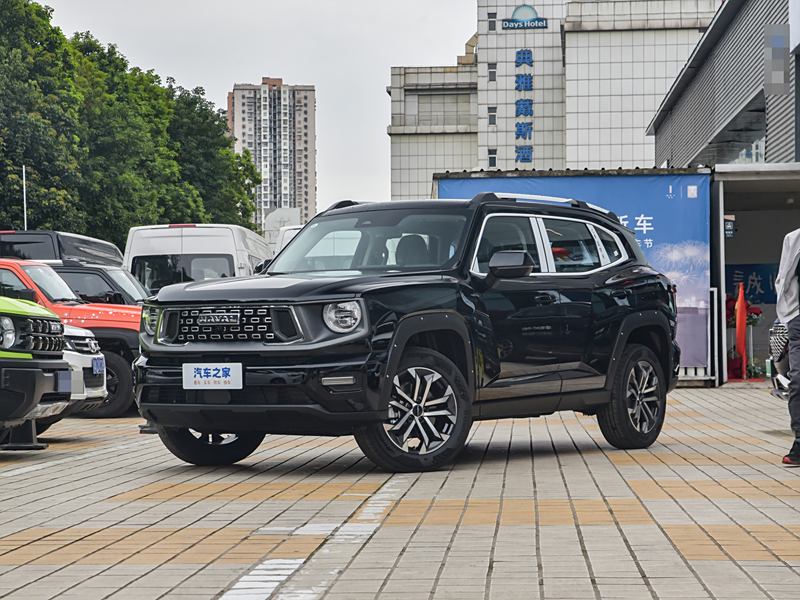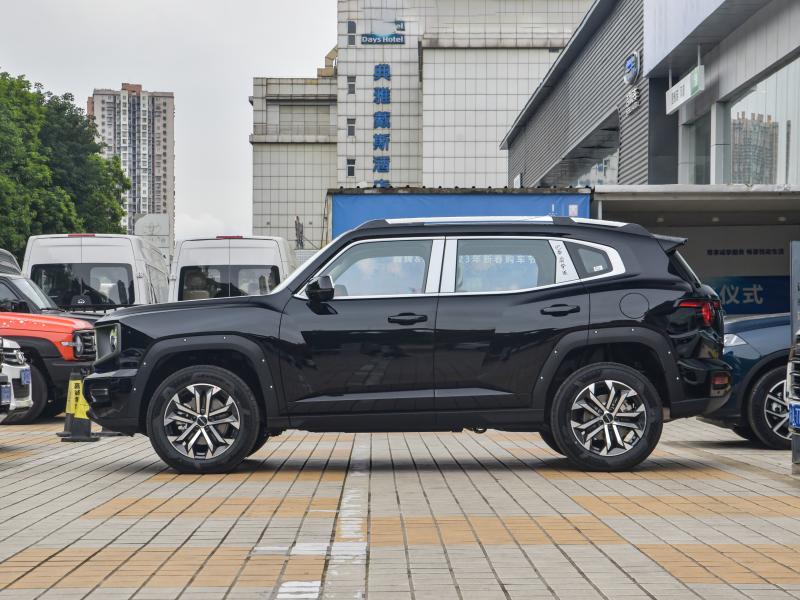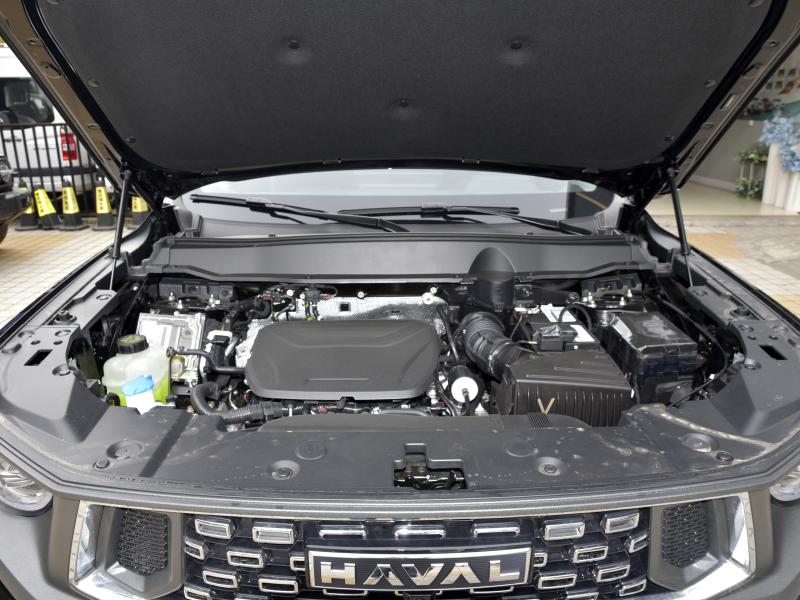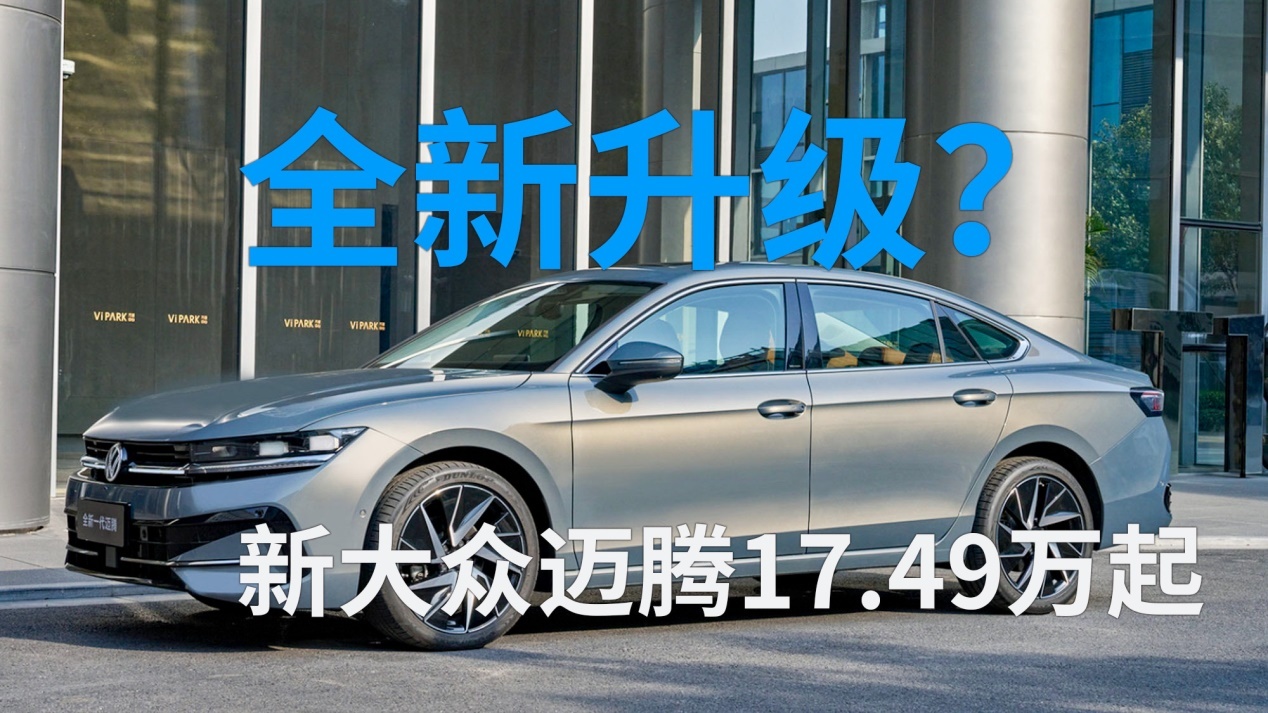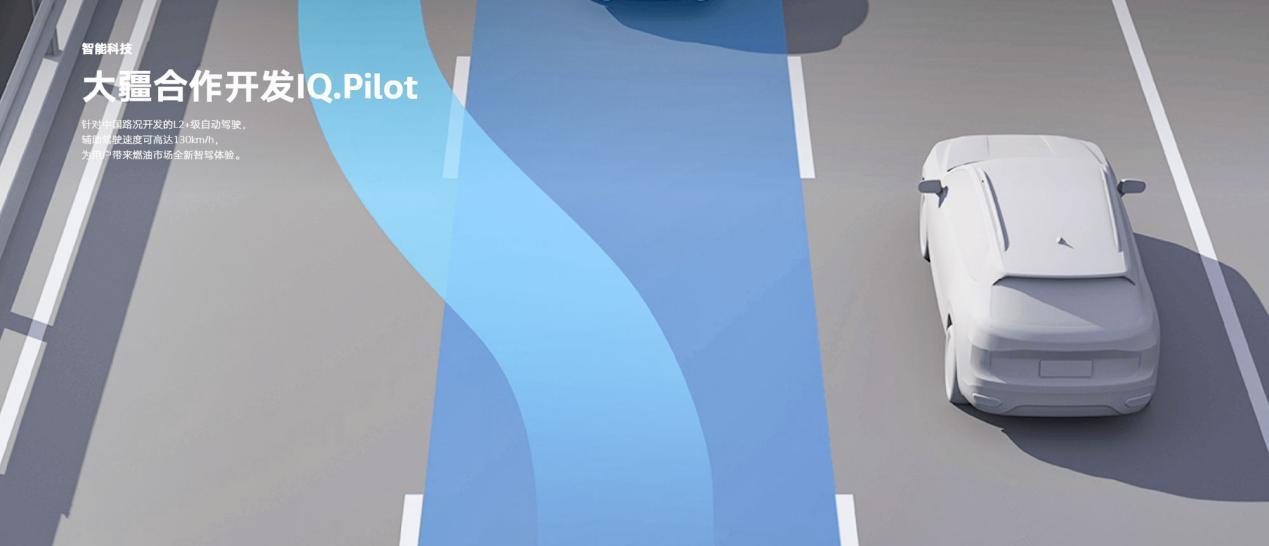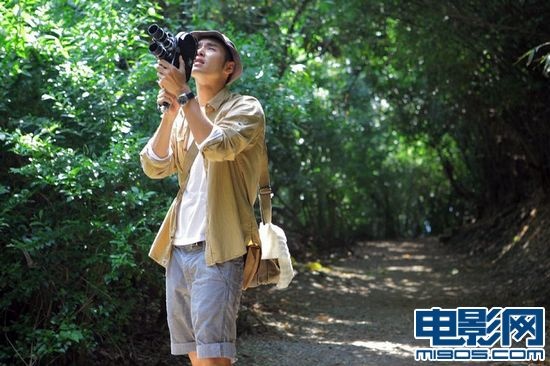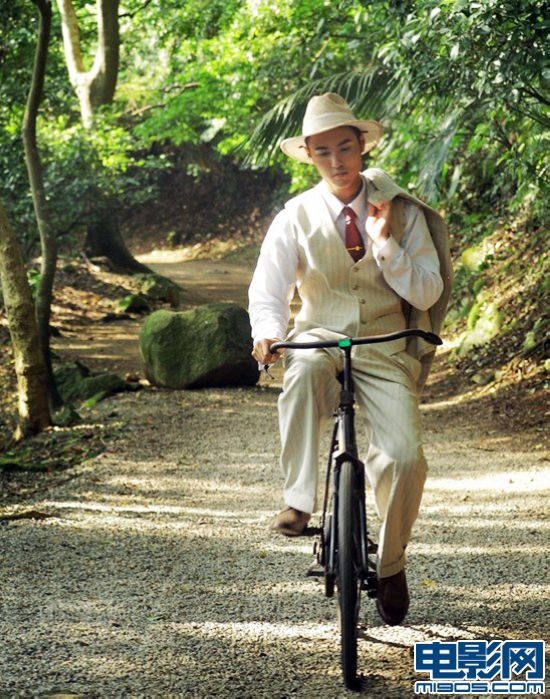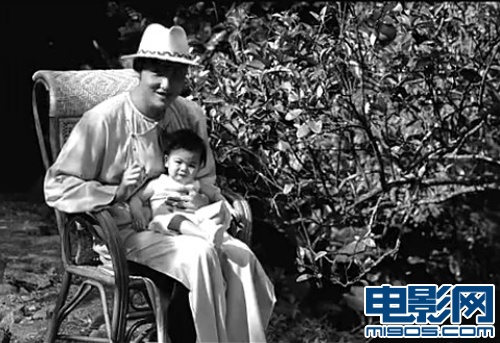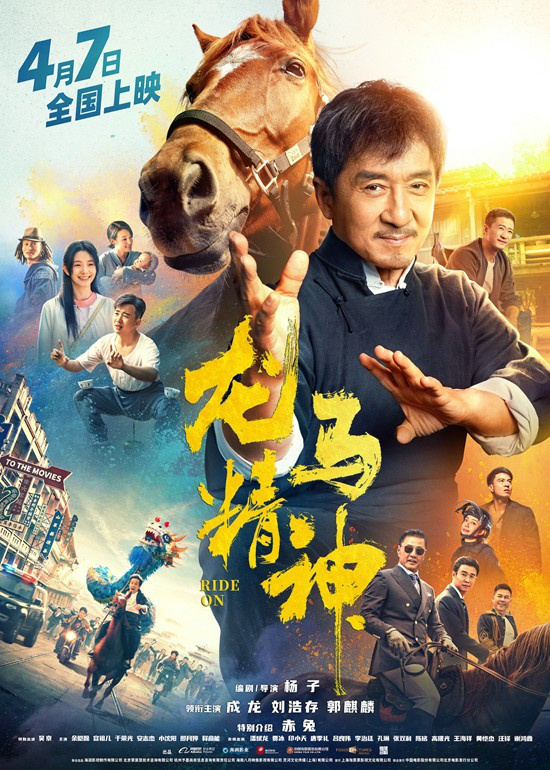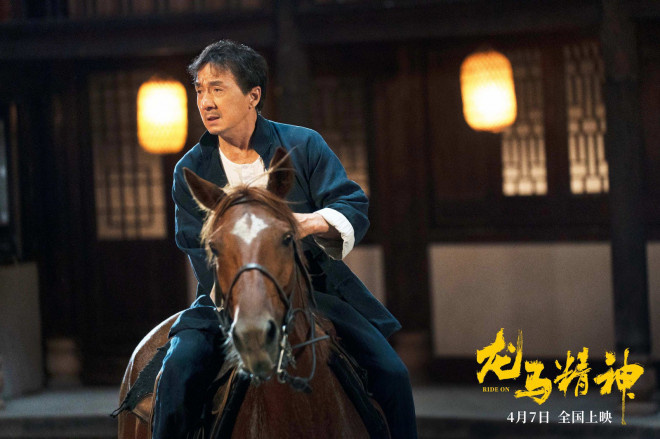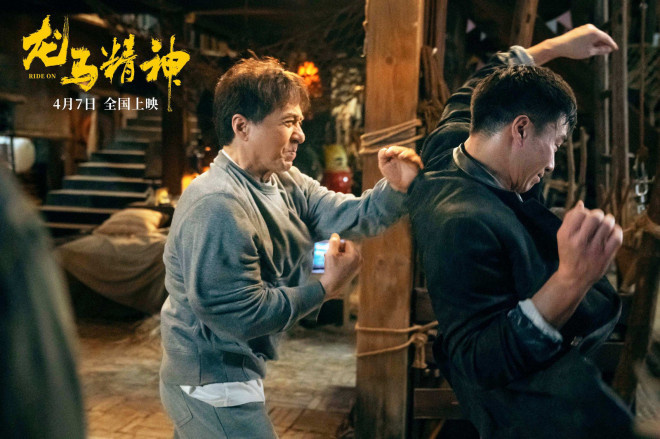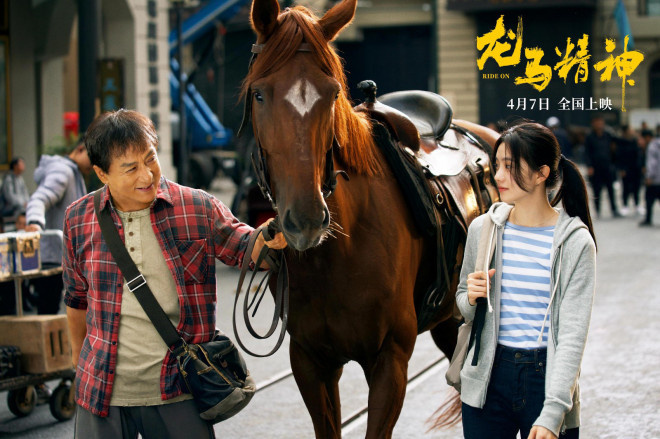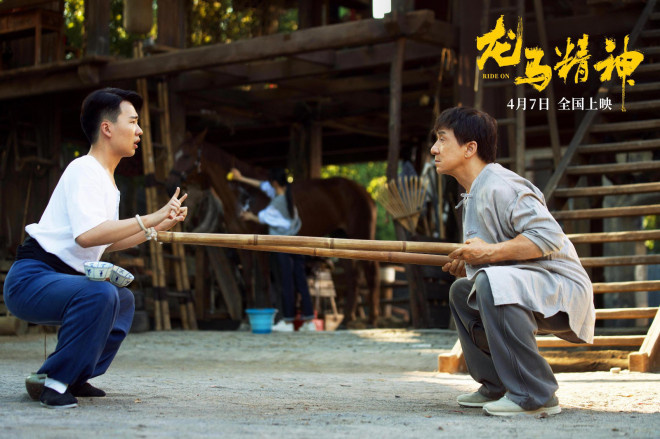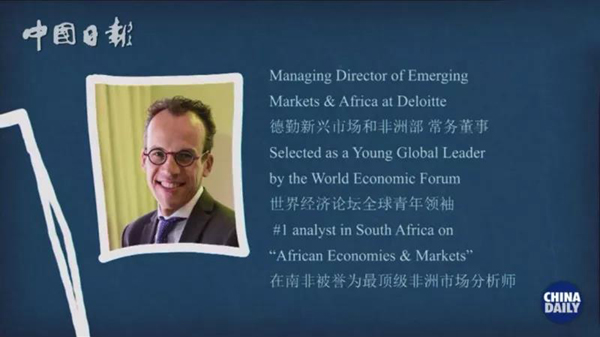
CCTV News: He was once a world-famous scientific research star, but he disappeared at the peak. He left his hometown, remained anonymous, and even his family didn’t know what he was doing … … He used his whole life to fulfill his promise: I would like to promise my country.
He is Wang Ganchang, the founder of China’s nuclear science and winner of the "Two Bombs and One Satellite" Meritorious Medal. On December 10th, 1998, Wang Ganchang died at the age of 91.
Recall a generation of meritorious deeds.
Life of Wang Ganchang
Why should I keep doing what others can do? But there is one job I won’t quit, and that is scientific research.
— — Wang Ganchang
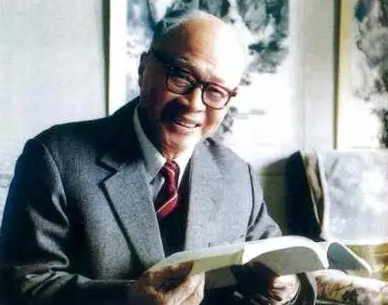
Wang Ganchang (May 28, 1907.5.28— 1998.12.10)
Wang Ganchang was born in Changshu, Jiangsu Province in 1907. I went to a private school first and went to Shanghai at the age of 13 to attend Pudong Middle School.
In 1925, Wang Ganchang was admitted to Tsinghua University, where he stayed as a teaching assistant in 1929. In 1930, Wang Ganchang took the official fee from Jiangsu Province to study abroad, and went to the William Royal Institute of Chemistry at the University of Berlin, Germany, where she studied under the famous female nuclear physicist L Maitenaz. In 1934, she received her doctorate and returned to China to teach.
In 1956, Wang Ganchang went to Dubna United Nuclear Research Institute of the Soviet Union as a researcher and was elected as the deputy director. The physics team led by him discovered the anti-Sigma negative hyperon for the first time, which caused a sensation in international academic circles.
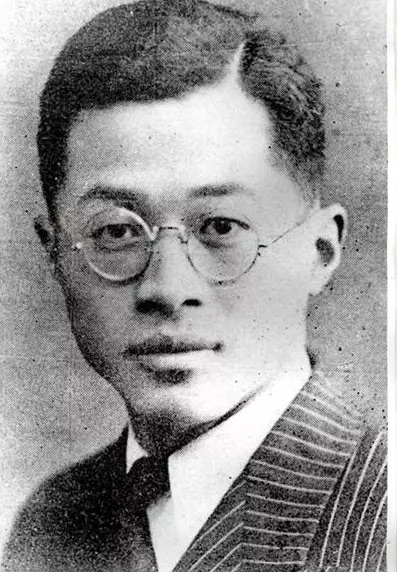
△ Wang Ganchang when he was young
In December 1960, Wang Ganchang returned from the Soviet Union and was ordered to secretly participate in the development of atomic bombs. In 1962, he basically mastered the means and experimental technology of atomic bomb implosion.
In December 1964, Wang Ganchang independently put forward the proposal of laser-driven nuclear fusion, and the research of laser nuclear fusion in China started.
In 1984, Wang Ganchang accepted the honorary certificate awarded by the University of Berlin, which was specially set up for scientists who were still working in the front line of scientific research 50 years after receiving their doctorate. People called them "Dr. Jin".
At 21: 48 on December 10th, 1998, Wang Ganchang died of illness in Beijing at the age of 91.
In 1999, the Central Committee of the Communist Party of China, the State Council and the Central Military Commission awarded him "Two Bombs and One Satellite Meritorious Medal".
I missed the Nobel Prize twice.
When he was a graduate student at the University of Berlin, Wang Ganchang, who was only 23 years old, had a chance to embrace the Nobel Prize. At that time, Wang Ganchang proposed to his teacher, Maitney, to experiment with a penetrating ray in a cloud room. Maitney is a prestigious nuclear physicist, but this time she underestimated the creativity of China’s young man. She rejected Wang Ganchang’s application twice. Two years later, chadwick, a British physicist, adopted the experimental method proposed by Wang Ganchang and discovered neutrons, thus winning the Nobel Prize in Physics.
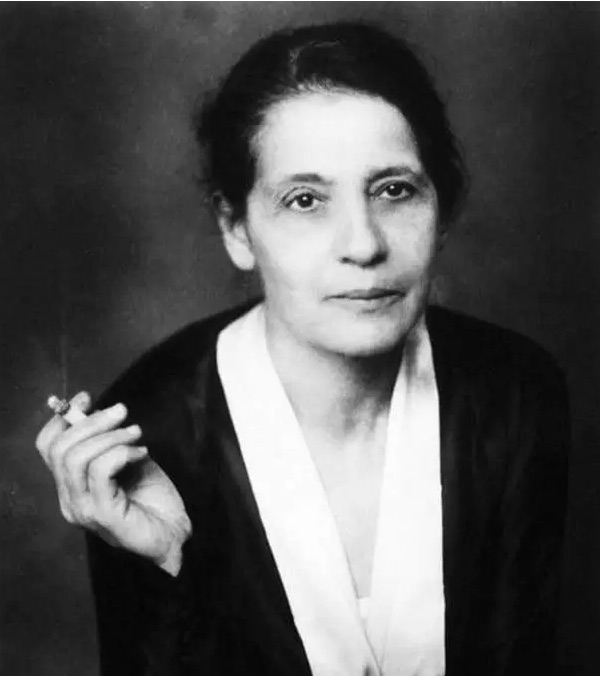
△ Professor Metterne is known as "Madame Curie of Germany"
In 1941, Wang Ganchang published a short article "Suggestions on Detecting Neutrinos", and American physicist Allen carried out experiments according to the suggestions in Wang Ganchang’s paper, and nearly completed the verification of neutrinos. At this time, in Wang Ganchang in the northwest, Sun Hao, a teaching assistant, and Xu Liangying, a student, were asked to carry on the experiment, but unfortunately they didn’t follow Wang Ganchang’s design. In 1995, American scientist F. reines won the Nobel Prize in Physics for his confirmation of the existence of neutrinos. When the news came, 88-year-old Wang Ganchang said simply: The honor should go to the scientist who made the final result.
have [with] pupils everywhere; have [with] students all over the country [world]
Wang Ganchang has been a university professor for 20 years, and he is full of peaches and plums. Li Zhengdao, a Chinese scientist, is his disciple. In the field of national defense research, he taught by example, and Zhou Guangzhao, Deng Jiaxian, Yu Min, Chen Nengkuan, Cheng Kaijia, Du Xiangwan, Hu Renyu, Hu Side, Tang Xiaowei, Lv Min, Ding Dazhao, Wang Naiyan and He Xiantu all received direct guidance from Wang Ganchang.
My father
Information provided/Wang Zunming (daughter of Wang Ganchang)
Father is an ordinary and simple person, and material enjoyment is out of place for him.
In War of Resistance against Japanese Aggression’s time, life was extremely hard. Seven members of my family moved to Guizhou with Zhejiang University, relying on my father’s meager salary to make a living. At that time, my father got tuberculosis, and the situation was very difficult. At this time, in order to support War of Resistance against Japanese Aggression, my father donated all the gold and silver jewelry he had left when he got married to the country. Later, a sheep was raised at home, and it was supplemented with goat’s milk to survive the hard times.
In 1947, my father won the Fan Xudong Prize, and he distributed the $1,000 he got to teachers, colleagues and students who were in more financial difficulties, but he didn’t give a penny to the families who were still in financial difficulties.
In 1960, when I was in college, I suffered from malnutrition and edema. In this year, my father was ordered to return to China from the Soviet Union. He gave all his accumulated salary of 140,000 rubles (old coins) to Liu Xiao, the ambassador to the Soviet Union, hoping to contribute to the country’s difficulties. Father didn’t bring any material improvement to his family and children after he returned to China.
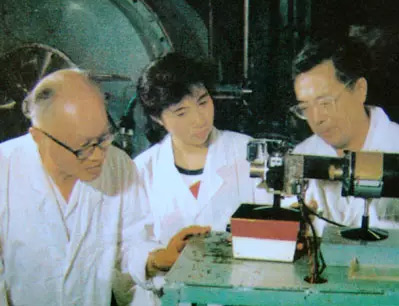
△ The left one is Wang Ganchang
During the development of the two bombs, my father traveled in Qinghai Plateau and Gobi Desert in Xinjiang for many years and rarely returned to Beijing. According to state regulations, you can enjoy subsidies and special care in plateau areas. But not only does he not want subsidies and care, but every time he returns to Beijing from the nuclear base, he pays for his own travel. When the secretary wanted to take the ticket for reimbursement, he said that the money was enough, so why report it? Later, the secretary reimbursed him behind his back, and he was still very angry when he found out.
In 1982, he donated all the RMB 3,000 prize money won by the National Natural Science First Prize to the Atomic Energy Institute. In his letter to the Party Committee of the Institute, he wrote, "I voluntarily donate all the prize money to the primary and secondary schools of the Atomic Energy Institute, hoping that the dolls in the motherland can grow sturdily, thus reducing some worries for their fathers and doing more work for the atomic energy industry." The prize money established the Wang Ganchang Scholarship.
In 1986, my father donated 40,000 yuan, and the Institute of Atomic Energy established the "Wang Ganchang Basic Education Award Foundation". From 1986 to 1999, 616 people have won this prize, and many of them have achieved excellent results.
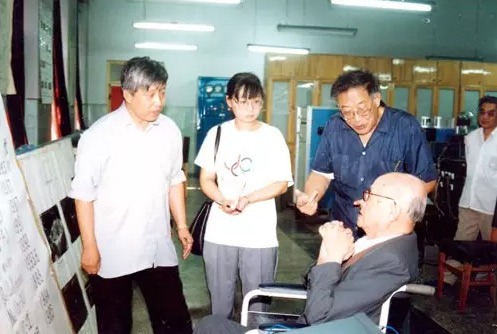
△ Wang Ganchang visited the Optoelectronic Laboratory in a wheelchair in his later years
After my father’s death, we donated 500,000 yuan to set up the "Wang Ganchang Prize in Physics" to reward researchers who have made outstanding contributions in the fields of inertial confinement fusion and particle physics. At the same time, he donated 100,000 yuan to his hometown, Changshu, to develop local cultural and educational undertakings.
"The" Wang Laotou "who has been lurking in Treasure Beach for 17 years"
This article was originally published in cstnet, but it has been revised.
In 1958, an army had just returned triumphantly from the Korean battlefield. Instead of disarming and returning to the fields, they went straight to the depths of the desert, and they received only one order — — Don’t ask what you are doing, and don’t ask where you are going.
Two years later, Wang Ganchang, a world-renowned China scientist with the greatest potential to win the Nobel Prize, suddenly disappeared. At the same time, another man named "Jing Wang" appeared in the northwest of China.
They, for the common mission.
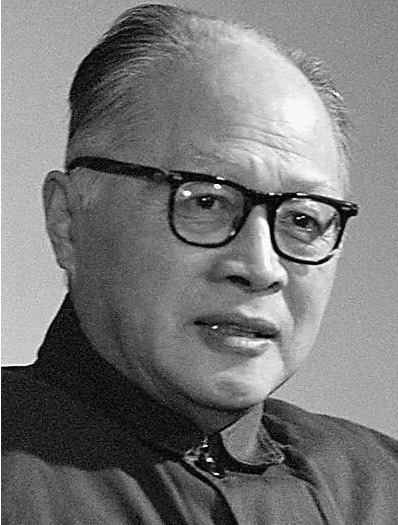
△ Wang Ganchang
From "Wang Ganchang" to "Jing Wang", he said: I would like to make my country.
In 1960, the Soviet Union withdrew all its experts in China and unilaterally tore up more than 200 contracts, leaving behind a large number of half-finished projects. At this time, Wang Ganchang was studying with atoms and experts from all over the world using the most powerful accelerator in Dubna, the Soviet Union. Wang Ganchang and his team discovered the world’s first anti-Sigma negative hyperon.This discovery is enough to prove that it was only a matter of time before Wang Ganchang wanted to win the Nobel Prize.
However, at this moment, a phone call from China changed Wang Ganchang’s fate.
On April 3, 1961, Wang Ganchang, who had just returned to China, received a notice from the Second Ministry of Machinery Industry: Minister Liu Jie asked him to meet immediately. In the office, Liu Jie and Qian Sanqiang met with Wang Ganchang, and conveyed to him the important decision of the Central Committee: I hope he will participate in China’s nuclear weapons research, and ask him to give up his research direction and do applied research that he is unfamiliar with but urgently needed by the country. Finally, I asked him if he would like to change his name. Wang Ganchang without hesitation, immediately wrote down the word "Jing Wang", and hit the floor said:"I would like to make a country."
At that time, Wang Ganchang was in his fifties.
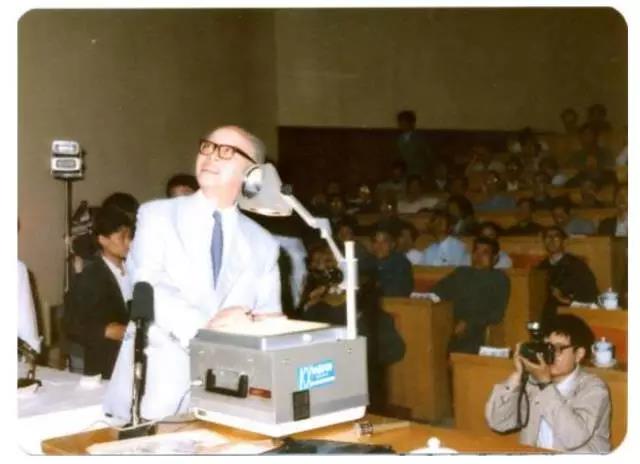
The "No.17" construction site at the foot of Yanshan Mountain is the first movement of China’s nuclear weapons detonation experiment.
In this way, Wang Ganchang devoted himself to the development of nuclear weapons by leaving his hometown, hiding his name, keeping it absolutely secret and cutting off all relations with overseas countries.
The research work of the atomic bomb started from scratch. In order to train the team of detonation experiments, Wang Ganchang specially gave young people a week’s training course, from mathematics to physics to experimental analysis. After all the work was ready, a group of them came to No.17 construction site at the foot of the ancient Great Wall in Yanshan Mountains.
A bunker, several rows of simple barracks and more than a dozen military tents are the first atomic bomb detonation test site and component development base in China. Wang Ganchang and Chen Nengkuan led a young research team with an average age of only 20 years old here, and conducted detonation experiments again and again.
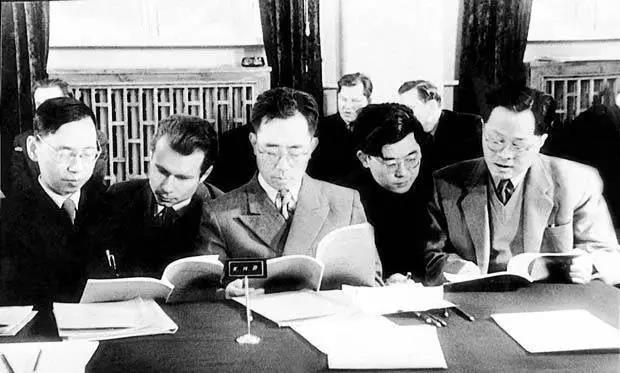
△ Wang Ganchang (first from the right) guides the work.
The living conditions on the construction site are very difficult, but what is even more difficult is the scientific research environment. The explosives and components used in the initial detonation experiment were all stirred by hand in tents with enamel pots and wooden sticks. It is very hard to stir explosives in the tent, because the tent is not well ventilated, and the whole tent is filled with explosive dust, and the strange and unpleasant smell rushes in, and the agitator has to stir quickly. Although the work is hard, the young boys are all full of energy. The harder the job, the more they strive to do it, and finally they simply take turns mixing. Wang Ganchang, who is in his fifties, is also struggling to do this job. Everyone looks distressed and pushes him outside the tent, but as long as no one pays attention, he will return to the tent.
As the leader in charge of the overall work of detonation experiment, Wang Ganchang should pay attention to all aspects of the experiment. From the development of explosives, the study of explosive molding, to the detonation physics experiment, and finally to the test work, he must personally guide. Wang Ganchang’s former research field was experimental physics, and he was not familiar with explosives, detonation and explosion mechanics, so he had to learn from scratch and give lectures at the 17th construction site. In the lecture, he often encounters problems, so he starts everyone to discuss together, and those who are able are teachers and those who will be teachers. On site 17, everyone works hard during the day and studies books at night. In this way, with everyone’s joint efforts, after repeated experimental improvements, the quality problem of explosives was finally solved.
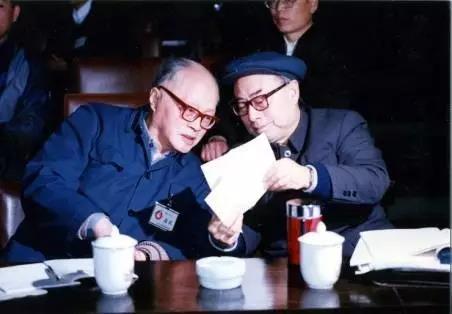
△ Wang Ganchang (first from left)
With the success of the detonation experiment in No.17 construction site, China’s nuclear weapons test also started. Some people say that the rumble of guns at the foot of Yanshan Mountain is the first movement of China’s nuclear weapons detonation experiment.On the day he left the scene of the explosion, 55-year-old Wang Ganchang pulled out a few white hairs and left them in a crevice as a souvenir.Twenty years later, he won the first prize of the National Natural Science Award for the detonation experiment on the 17th construction site.
Into the northwest, hidden gold and silver beach, the secret years of 221 factory.
After March 1963, most researchers went to the Northwest Nuclear Test Base. Because of confidentiality requirements, Wang Ganchang told his wife, Wu Yueqin, that he would work in Xi ‘an for a period of time, and then he went to Treasure Beach in Qinghai.
Jinyintan is located in haiyan county, Qinghai Province, and the nuclear weapon research and development base in the center of Jinyintan grassland is called Factory 221. It is said that for the nuclear cause of the Republic, more than 1,700 herdsmen in Jinyintan grassland moved out and gave up their land for generations without compensation.
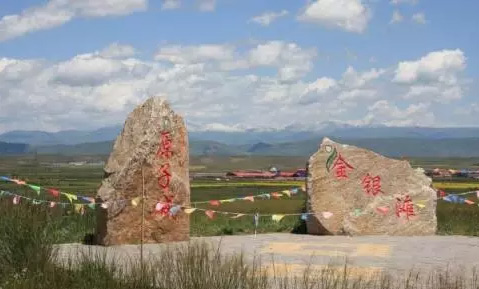
△ Qinghai Jinyintan
In Factory 221, Wang Ganchang still focuses on detonation experiment, that is, "cold experiment". The detonation experiment was carried out in several experimental bases far away from his residence, which was much larger than the No.17 construction site of that year. In order to keep abreast of the progress of the experiment, he shuttled between several experimental bases like a lantern. Every day, people can see Wang Ganchang wearing a uniform military coat and a pair of high boots, and rushing by in a jeep. At the base, the boys humorously called him "Wang Laotou".
At work, Wang Ganchang’s "stubbornness" is well known. Sometimes when something goes wrong at work, he will lose his temper loudly. Even Deng Jiaxian, an old scientist, wanted to hand in the derived data later because he was really too busy. When asking for instructions with this dean Wang, he was also uneasy. In his later years, Wang Ganchang wrote in his memoirs:"The task is very urgent. The development of the atomic bomb is a huge and complicated systematic project, and all links must be strictly controlled. After the theoretical scheme is determined, all aspects of the production experiment must meet the requirements of Premier Zhou Enlai ‘ Serious, thoughtful and meticulous, safe and reliable, foolproof ’ 。”
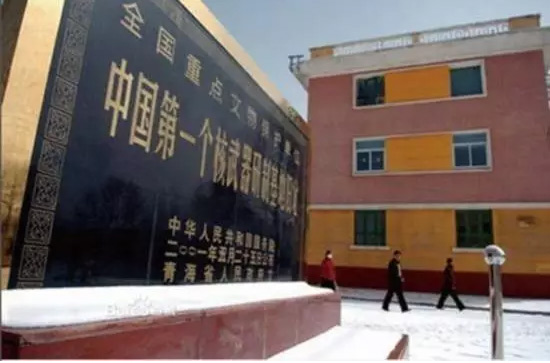
Nuclear weapons work is extremely confidential, so we can’t reveal any information to anyone, and there are special requirements for the whereabouts of the staff and who to meet. Once, Wang Ganchang had just returned to Beijing from the base, and before he could catch his breath, he received an order to return to the northwest base immediately, so he had to leave Beijing immediately. Later, he learned that Japanese scientists who came to Beijing wanted to meet Wang Ganchang, but his identity was unable to meet foreign guests, so Premier Zhou informed him to leave Beijing quickly and return to the base, and told foreign guests that Wang Ganchang was not in Beijing and could not make an appointment.
After the successful experiment of hydrogen bomb principle, Wang Ganchang only said meaningfully: "It’s not easy!"
At that time, the northwest nuclear test base had unimaginable conditions. Limited experimental conditions, limited equipment, it is under such conditions that our scientists have mastered the key technology of China’s first atomic bomb explosion. Wang Ganchang led his team, from the foot of the Great Wall to the Gobi grassland, to conduct detonation tests again and again, and found out the implosion law of the atomic bomb.
In 1963, Chen Yi asked Wang Ganchang, "When did that thing of yours ring?"
Wang Ganchang confidently replied: "In another year."
Chen Yi said happily, "Good! With this, my foreign minister’s waist is hard. "
At Qian Sanqiang’s suggestion, China has already begun to explore the hydrogen bomb while developing the atomic bomb. After the successful explosion of the atomic bomb, Wang Ganchang, as the vice president in charge of the experiment of the Nuclear Weapons Research Institute, quickly plunged into the hydrogen bomb experiment. At the beginning of 1966, Wang Ganchang, who was nearly 60 years old, worked out a detonation simulation experiment scheme together with the comrades in the experimental department, and solved the key problems in the detonation design technology in repeated "cold experiments".
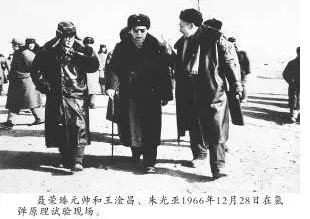
During the development of the hydrogen bomb, China suffered the catastrophe of the Cultural Revolution. Fortunately, under the protection of Zhou Enlai, the cutting-edge science and technology field was relatively calm. But in that special period, Wang Ganchang was still not spared and was criticized. Despite this, he resisted pressure and grievances and always focused on scientific research. After the successful experiment of hydrogen bomb principle, Nie Rongzhen excitedly held Wang Ganchang’s hand, while Wang Ganchang just said meaningfully: "It’s not easy!"
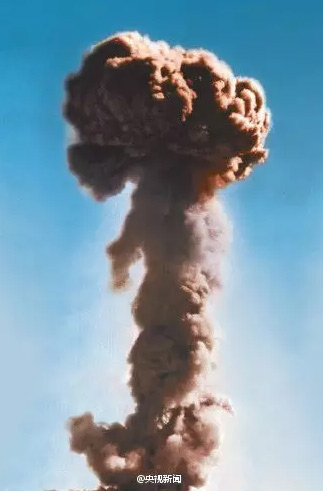
In this way, from 1961 to 1978, Wang Ganchang completely disappeared from people’s sight, and when he was closest to the Nobel Prize, he chose to give up.He used the most brilliant 17 years of his life to hide his name and promote a country’s status as a nuclear power.
The picture comes from the Internet.
Copyright belongs to the original author.
